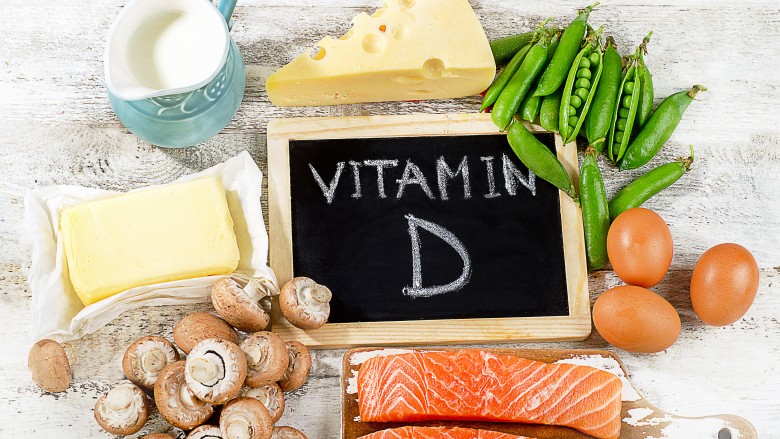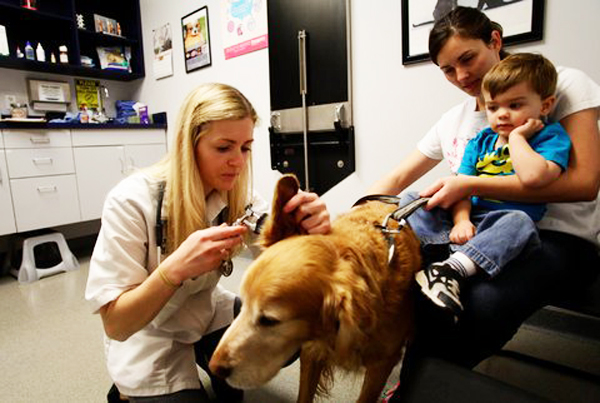
What’s So Special About Vitamin D?
At this stage everybody knows about the health problems that can occur in people who don’t get enough vitamin D.
As it turns out, however, with rickets, congestive heart failure, and IBD all among the numerous ailments found in cats and dogs with the same condition, vitamin D deficiency can be just as dangerous for our furry companions as well.
Here’s what you need to know about vitamin D, why it’s important to pets, and how much you as a pet owner may need. Okay, this part contains some scientific jargon, but it’s necessary to put vitamin D in context.
Vitamin D, available in both animal form (D3) and plant form (D2), helps the bowel regulate the way it absorbs phosphorous and calcium. Similar on a molecular-level to steroid hormones that already present in the body such as cortisone, progesterone, and most famously, testosterone, this vitamin is involved with the day to day regulation of thousands of genes and it prevents inflammatory diseases once it has been processed by the liver.
What this means for pets is that vitamin D could potentially be the difference between chronic inflammation or rickets and living a longer, healthier, and more productive life.

Because cats and dogs acquire all of their vitamin D from food sources, supplements are that much more important for them.
Unlike Us Humans, Our Pets Don’t Convert Sunlight to Vitamin D
So you’re probably wondering, if vitamin D comes from sunlight, why not just make sure that your pet spends more time outdoors?
In theory this may seem like a good idea, but unfortunately cats and dogs are unable to convert sunlight into vitamin D. They just don’t have the necessary components to make it happen. Because cats and dogs acquire all of their vitamin D from food sources, supplements are that much more important for them.
How Much Vitamin D is Enough?
It took hundreds of dogs and tons of collaboration between several veterinary colleges, but thanks to the efforts of Dr. Kim Selting, researchers discovered that dogs need between 100 to 120 ng/ml of vitamin D3 to be healthy.
We’ve already noted the consequences of vitamin D deficiency, but researchers also discovered that too much vitamin D3 can potentially cause hypercalcemia and death in pets.
So for pet owners, the trick with vitamin D supplements is finding the right balance.

It’s important to make testing blood levels a regular part of veterinary check-ups and to use supplements as needed.
Make Sure Your Vet Does a Vitamin D Test
Making sure that your cat or dog’s vitamin D levels are sufficient is an important part of monitoring the overall health of your pet. Since our furry friends are unable to acquire this vitamin from the sun like humans can, deficiencies may not be able to resolve themselves without some intervention on your part.
That’s why it’s important to make testing blood levels a regular part of veterinary check-ups and to use supplements as needed. After all, your pet deserves nothing less than the best.
